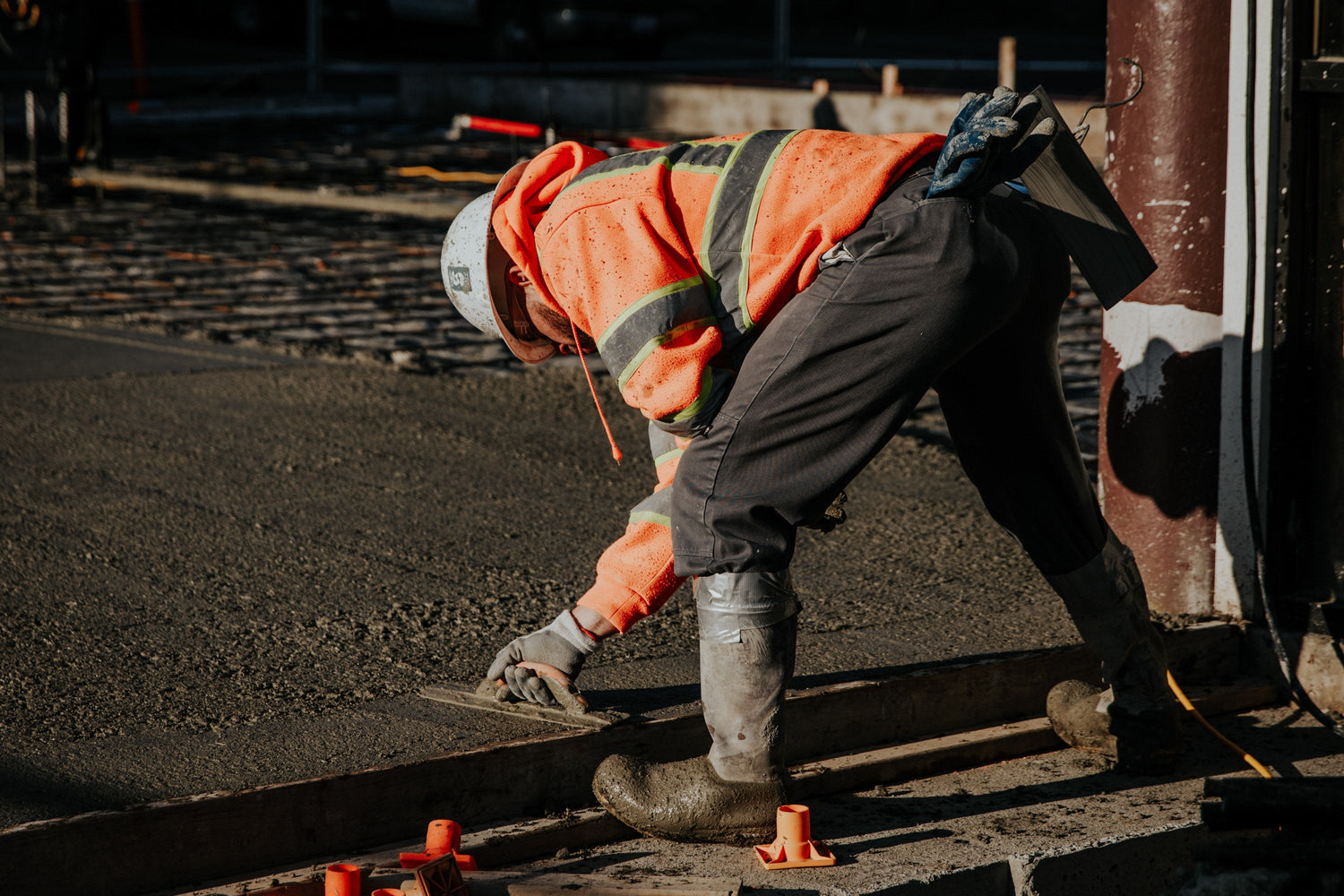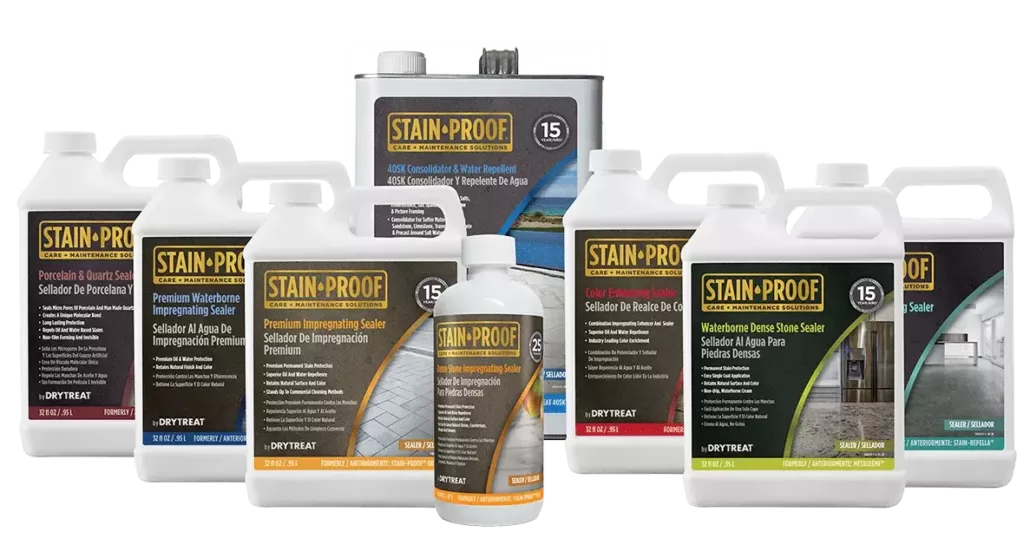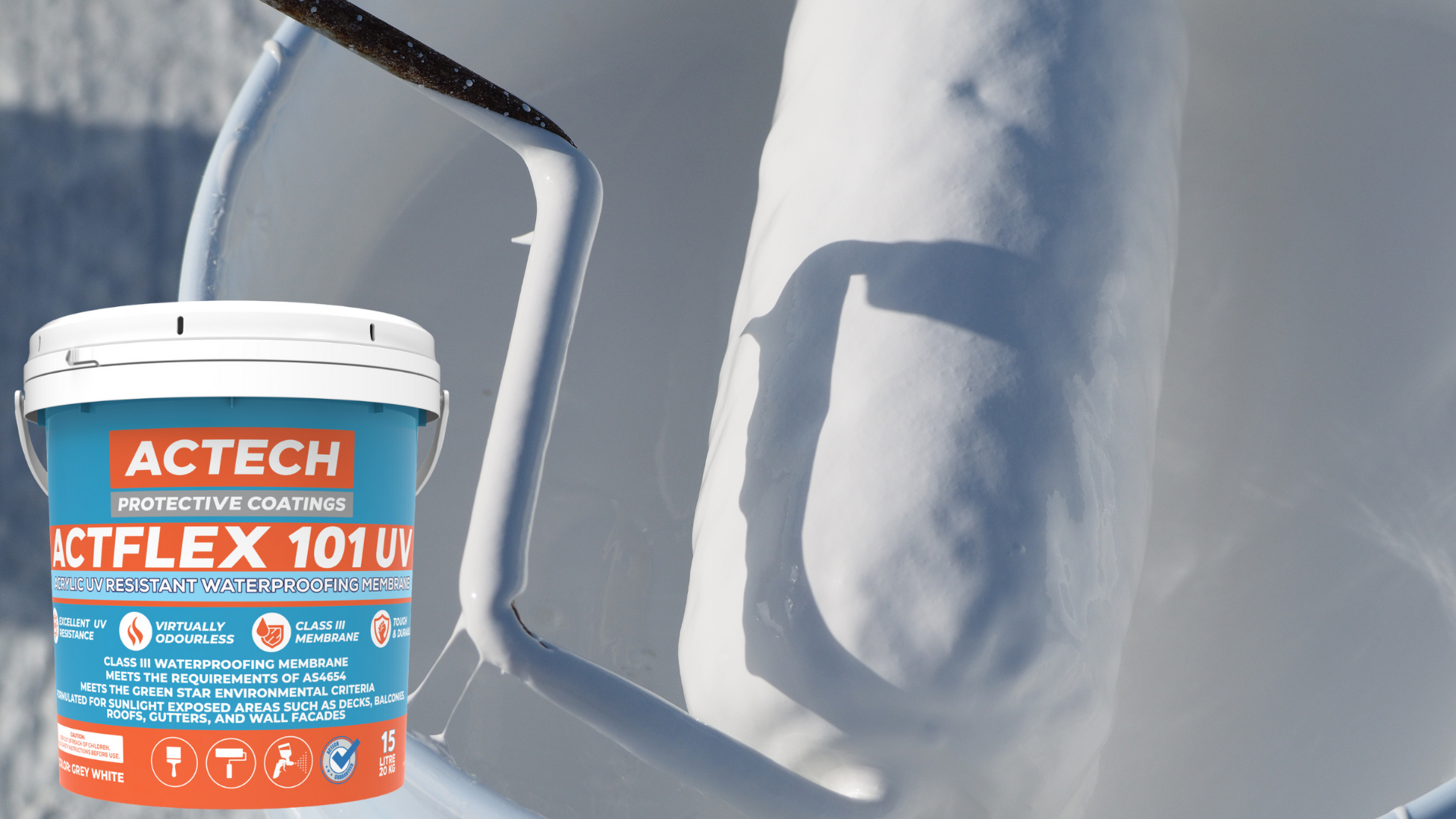When choosing the right waterproofing system for your basement, it's essential to consider various factors, including the type of waterproofing method and the specific products available in the market. Both negative and positive pressure waterproofing systems have their advantages and disadvantages, and the choice will depend on your specific needs and circumstances. Let's look at some considerations for each system:
Negative Pressure Waterproofing: Negative pressure waterproofing is a method that involves controlling water seepage by redirecting it away from the basement. This system relies on drainage channels and pumps to remove water that has already entered the basement.
Pros: a. Suitable for existing buildings: Negative pressure waterproofing can be a viable option for already constructed basements that require a retrofit. b. Minimal disruption during installation: Since it works from the interior, there is often less disruption to the exterior of the building.
Cons: a. Doesn't prevent water from entering: This method manages water after it has entered the basement, but it doesn't stop it from seeping through the walls. b. Maintenance: The drainage system may require periodic maintenance to ensure its effectiveness.
Positive Pressure Waterproofing: Positive pressure waterproofing involves applying a waterproofing membrane or coating to the exterior surface of the basement walls to prevent water infiltration.
Pros: a. Prevents water penetration: This method creates a barrier on the exterior, preventing water from entering the basement in the first place. b. Longer-lasting solution: When properly applied, positive pressure waterproofing can provide long-term protection against water damage.
Cons: a. Requires access to the exterior: This method might not be suitable for existing structures where access to the exterior is limited or difficult. b. Labor-intensive installation: The application process may be more complex and time-consuming than negative pressure systems.
Regarding specific products like "ACTFLEX 988 CWP" or "DRIZORO MAXSEAL FLEX," it's essential to conduct thorough research and consult with experts or professionals in waterproofing before making a decision. Factors to consider when evaluating products include their performance, durability, manufacturer reputation, and adherence to local building codes.
Ultimately, the right waterproofing system for your basement will depend on your budget, the condition of the basement, the severity of water seepage, and your long-term maintenance preferences. It is highly recommended to seek advice from experienced waterproofing contractors or engineers who can assess your specific situation and recommend the most suitable solution.




Leave a comment
This site is protected by hCaptcha and the hCaptcha Privacy Policy and Terms of Service apply.